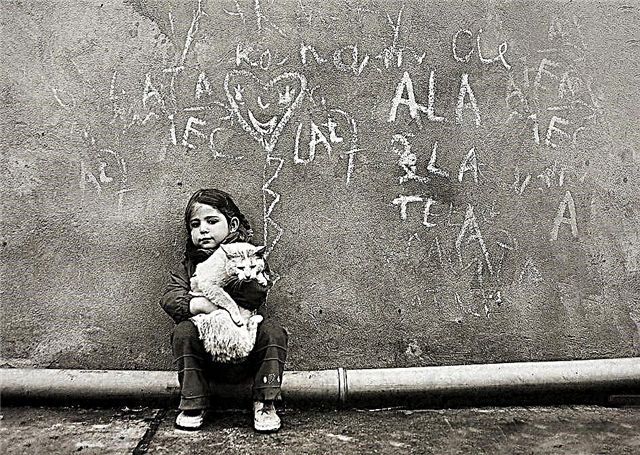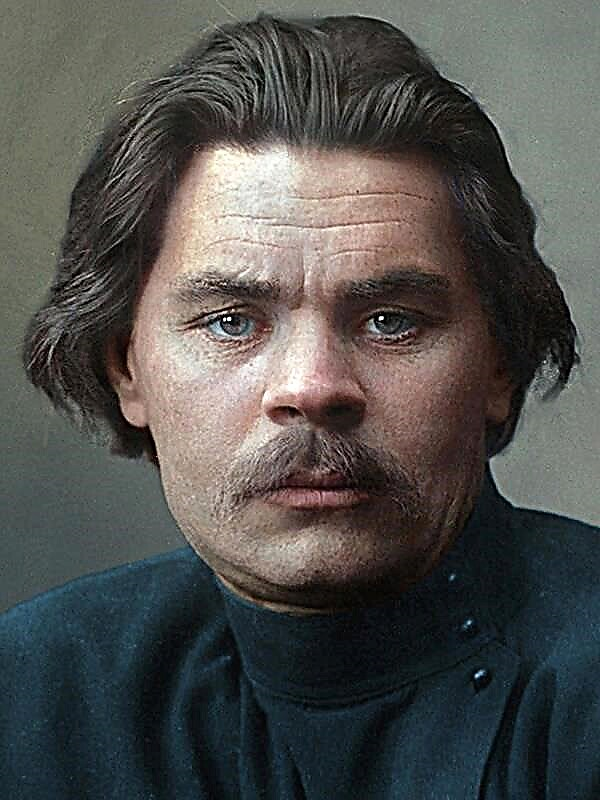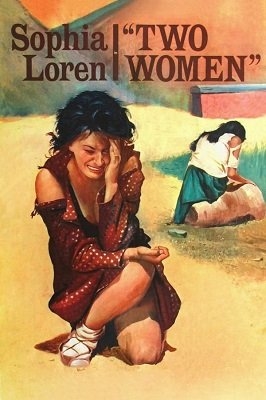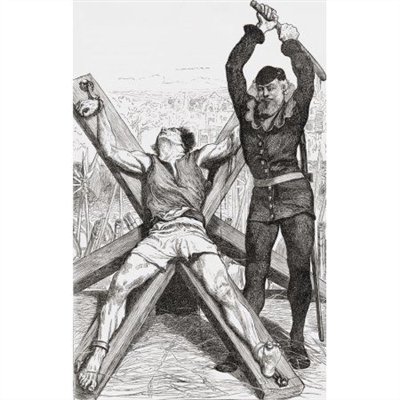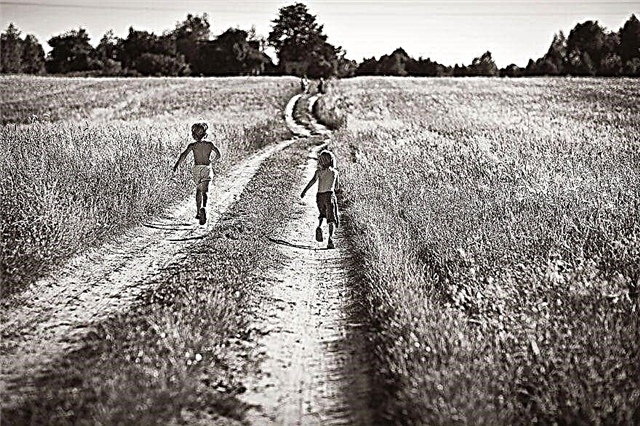(418 words) It all starts with the family. If a person is brought up in an atmosphere of harmony and loves his parents, he, as a rule, grows up as a friendly, merciful, understanding member of society. It is in the institution of the family that moral and moral foundations are laid. Therefore, I agree with Cicero: it is warm feelings for parents that make us virtuous people. I will try to explain my point of view with the help of examples from literary works.
You can recall the novel-epic of Leo Tolstoy "War and Peace." The Rostov family is a classic role model. The elders of Rostov patiently point out to the younger ones their mistakes, and the children immensely respect their parents. Each family member has the principles of morality that are mandatory for compliance. Natasha learns from her mother to show generosity and female wisdom, Nikolai and Petya take an example from a kind and generous father. Obviously, it is good feelings for parents that become the guiding light for young people. For example, when Nicholas, knowing the difficult financial situation of his family, loses a large sum of money and sees the kindness and nobility of his father, who gives his son his last savings, he changes his worldview and becomes more circumspect. Love for your old people turns this irresponsible racket into a compulsory and honest person who will lead a wonderful family in the final of the novel and will be a good father for his children. But Vera, the eldest daughter of the Rostovs, was cold to her parents, so she did not show virtues all her future life in marriage: in difficult times, she did not help her relatives. Obviously, family relationships affect how a person grows up.
Another similar example was described by a foreign author. The heroine of the work of Elinor Porter "Polianna" grew up in a poor but kind family. She lost her mother and father early, but her parents managed to instill the best qualities in the girl. From a young age, Polianna knew how to enjoy every day, take care of those who were in a difficult situation, and endure hardships steadily. She had a light character and was positive about everyone around her. The heroine tirelessly thanked her parents for the lessons of life, mentally addressing them. Love for her father and mother taught her to love the whole world. So, proper upbringing helped the girl not to become hardened, not to despair and not to lose herself, even when she had an accident and was bedridden for the whole year. Thus, the girl really became kind, persistent and wise thanks to a feeling of love for the family.
It turns out that love for parents can indeed be considered the basis of all virtues, because it is in the family that we learn to communicate, correctly perceive the world around us, and seek our place in life. Mother and father are the first people on our path, and all our emotional experience in communication begins with them. They teach us to love by example, and if we could not answer them the same, we can hardly boast of virtue.

